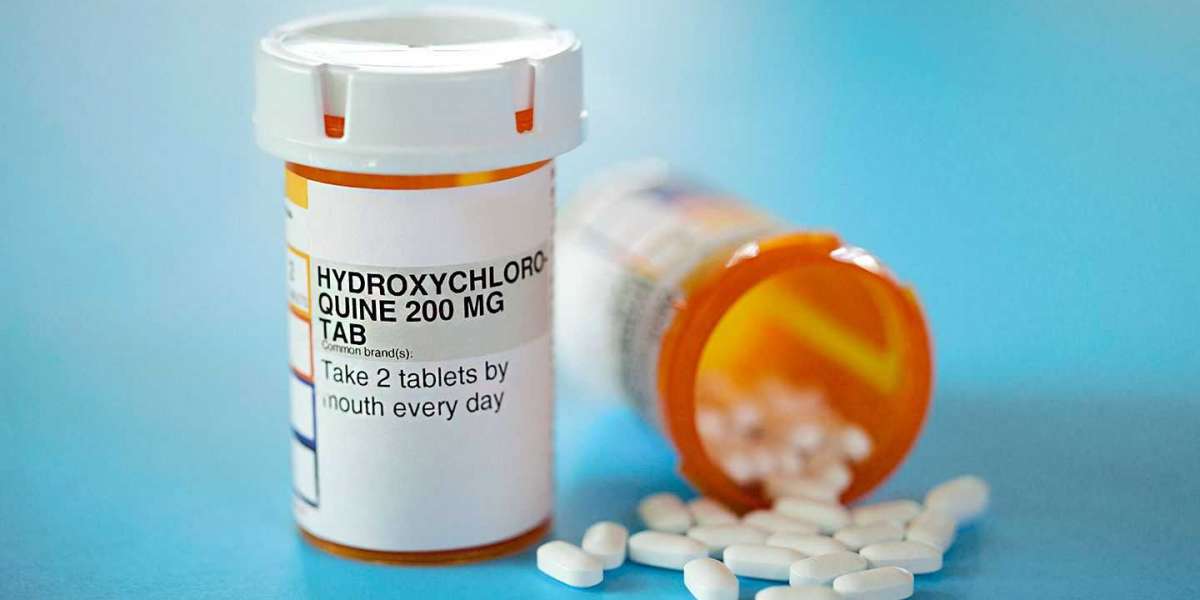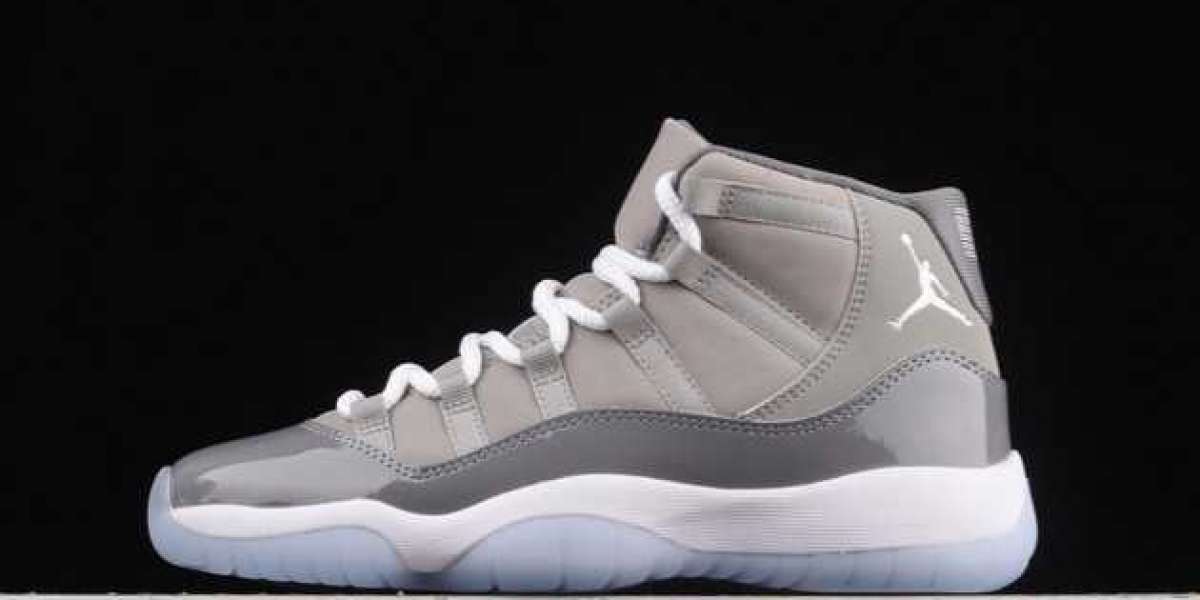Study #1: Hydroxychloroquine failed to prevent COVID-19 in healthcare workers
- In this study, the researchers wanted to see if any of the existing drugs could prevent people in hospitals and clinics from getting infected with a virus called COVID-19.
- A total of 1,422 healthcare workers were assigned either a placebo or hydroxychloroquine tablets 200mg (200mg/day) for two years.
- There was no difference in the incidence of new infections between those taking the drug and those taking placebos.
- This suggests that the drug doesn't have an effect in preventing infection with this virus.
Study #2: Hydroxychloroquine did not improve symptoms in patients with COVID-19
In this study, the participants were randomly assigned to receive either placebo or one of three different doses of hydroxychloroquine, 1.5 mg/kg, 3 mg/kg, or 6 mg/kg daily for a period of 24 months.
The primary objective was to assess the safety and tolerability of https://buyivermectin24.com/product/hydroxychloroquine-200-mg/ in patients with mild to moderate COVID-19.
They found that all three hydroxychloroquine doses studied were safe and well tolerated but none had any significant impact on symptoms.
There is no evidence that hydroxychloroquine prevents new cases of COVID-19: In this observational cohort study, they found that use of hydroxychloroquine did not reduce the risk of developing new COVID-19 infection.
Study #3: Hydroxychloroquine does not reduce mortality in patients with COVID-19
The third study looked at the effect of hydroxychloroquine on mortality in patients with COVID-19.
The researchers found that there was no significant difference in the mortality rates between those who took a placebo and those who took hydroxychloroquine for six months.
Study #4: Hydroxychloroquine does not reduce symptoms or slow progression of COVID-19:
- The fourth study compared treatment with hydroxychloroquine for three years to treatment with a placebo.
- There was no statistically significant difference in the rate of clinical improvement among people taking either medication.
Study #5: Hydroxychloroquine does not reduce risk of developing symptomatic, asymptomatic, or viremic infection with COVID-19:
The fifth study examined how often people infected with COVID-19 developed new symptoms after taking either hydroxychloroquine or a placebo and found that there were no statistically significant differences in this regard either.








